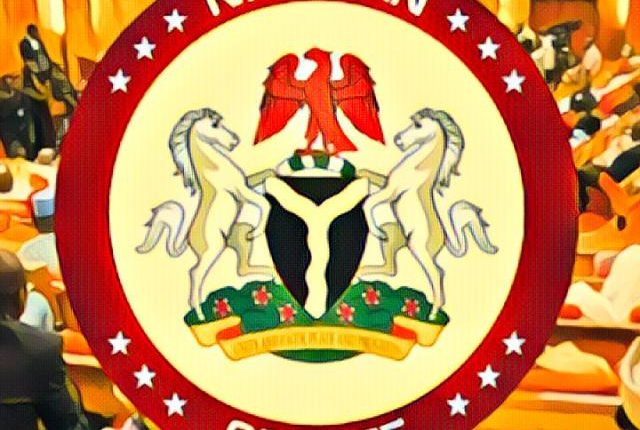The Nigerian Senate further bent its knee Thursday, as it gave President Bola Tinubu a free pass on his declaration of a state of emergency in Rivers State, joining the House of Representatives in approving the controversial decision.
The Senate’s approval followed a closed-door session, where lawmakers deliberated on the escalating political crisis in the oil-rich state located in the volatile Niger Delta region.. This endorsement solidifies unbridled federal intervention in the state’s affairs for an initial period of six months.
President Tinubu, on Tuesday, March 18, declared a state of emergency in Rivers State, citing prolonged political instability and reports of pipeline vandalism by militants.
As part of the proclamation, Governor Siminalayi Fubara, his deputy, Prof. Ngozi Odu, and all elected members of the Rivers State House of Assembly were suspended. To oversee the state’s administration during this period, Vice Admiral Ibokette Ibas (Rtd) was appointed as the sole administrator.
Following the declaration, Tinubu formally communicated his decision to the National Assembly in a letter read by Senate President Godswill Akpabio during Thursday’s plenary session. Senate Leader Opeyemi Bamidele subsequently moved the motion for approval, which was seconded by Minority Leader Abba Moro. Despite some dissenting voices, the senate voted in favor of the emergency rule, aligning with the House of Representatives, which had earlier approved the measure through a controversial voice vote.
The National Assembly’s decisions have sparked widespread reactions. Supporters of the state of emergency in Rivers argue that it is necessary to restore law and order in Rivers State. However, critics, including opposition leaders and constitutional experts, have questioned the legality and political motivations behind the move.
A key point of contention is the National Assembly’s reliance on a voice vote rather than a recorded individual tally. Legal analysts and political observers argue that a more transparent voting process could have provided clearer insight into the lawmakers’ positions on the emergency rule.





